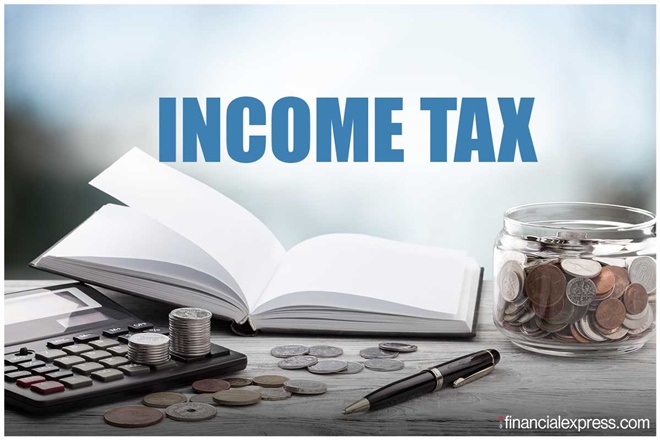Pakistan’s narrow tax base, increased reliance on indirect and withholding taxes and the low rate of tax compliance call for drastic tax reforms in the upcoming federal budget scheduled to be announced on Friday (June 10).
The fundamental element of tax reforms is providing a simple and fair tax system that is complemented by an efficient and competent administration. It is clear that successive governments have failed to bring any meaningful and lasting reforms in tax policies and administration.
In a scorecard that my think-tank, Policy Research Institute of Market Economy (PRIME), developed, we gave a score of 20% to the PML-N government on tax reforms during its tenure from 2013 to 2018. The recent PTI government scored somewhat better at 40% but fell way short of desirable structural reforms.
Here is an overview of the main problems that our tax policy features:
Rates are high and encourage evasion
Our corporate tax effectively goes up to 39%, though even the standard 29% is quite high when compared to the regional average of 23%. Our sales tax is 17% — also very high — which means more revenue but keeps our system regressive and anti-poor. Our custom duties were decreased but this was undone by an increase in the additional custom duties and regulatory duties, making Pakistan’s economy one of the most protective economies in the world.
Taxation system is discretionary and unpredictable
Despite its commitment otherwise, the PTI government issued more than 300 Statutory Regulatory Orders (SROs). Our sales tax act probably has a longer list of exemptions than the tax clauses. It encourages business lobbies to keep pressurising the government to get exemption on one pretext or another.
Our tax system is burdensome for taxpayers
Effectively, our direct tax system has become dysfunctional and has been ‘withholdised’ with more than 60 types of withholding taxes that contribute at least 70% to direct tax revenue. Dichotomies in the sales tax administration between federal and provincial governments continue to be painful and costly. Our taxpayers spend a considerable amount of time in compliance despite technological improvement.
Our tax policy has a strong anti-export bias
Our reliance on import taxation, that includes not just custom duties but also advance collection of income and sales tax, has touched unprecedented heights. In 2020-21, 45% of our tax revenue came from import taxes, by far the world’s highest. It has put our importers in a permanent liquidity crisis, whereas 95% of our imports are “essential” in nature.
Our tax policy encourages tax evasion
Our tax policy has announced amnesties so many times that it has lost the trust of honest taxpayers. Moreover, by creating a distinction between the filers and non-filers, the policy has actually created an alibi for tax evaders to stay out of the tax net by paying extra — which they can easily do.

